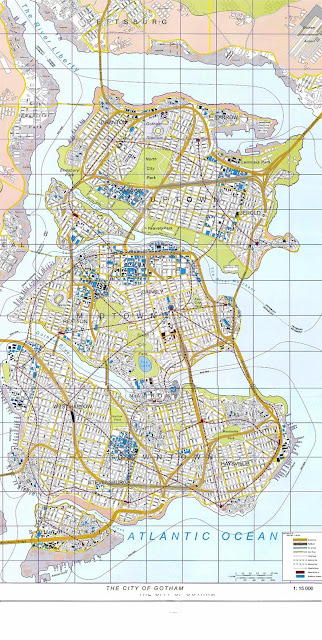Non-Fiction Review: One Minute To Midnight

I first read Michael Dobbs' One Minute To Midnight when it was first published, back in 2008. Both due to my general enjoyment of history and that I have an RPG campaign in the late 1950s (a few years before this) I recently listened to the unabridged audiobook version of this book. The impression I'm left with is amazement that humanity as a species survived the Cold War in general and the Cuban Missile Crisis specifically. Throughout the thirteen days of the crisis there were multiple points where war between the USA and USSR could have broken out - from the USA discovering the presence of Soviet missiles in Cuba to a US spy plane getting lost near the North Pole and stumbling into the Soviet Union in the midst of the crisis. The horror of discovering it was Soviet troops, not Cuban ones, who shot down a U-2 plane over Cuba. Does the US retaliate? If so, where does it end? There were so many opportunities for things to have gone wrong that it almost seems unre...







